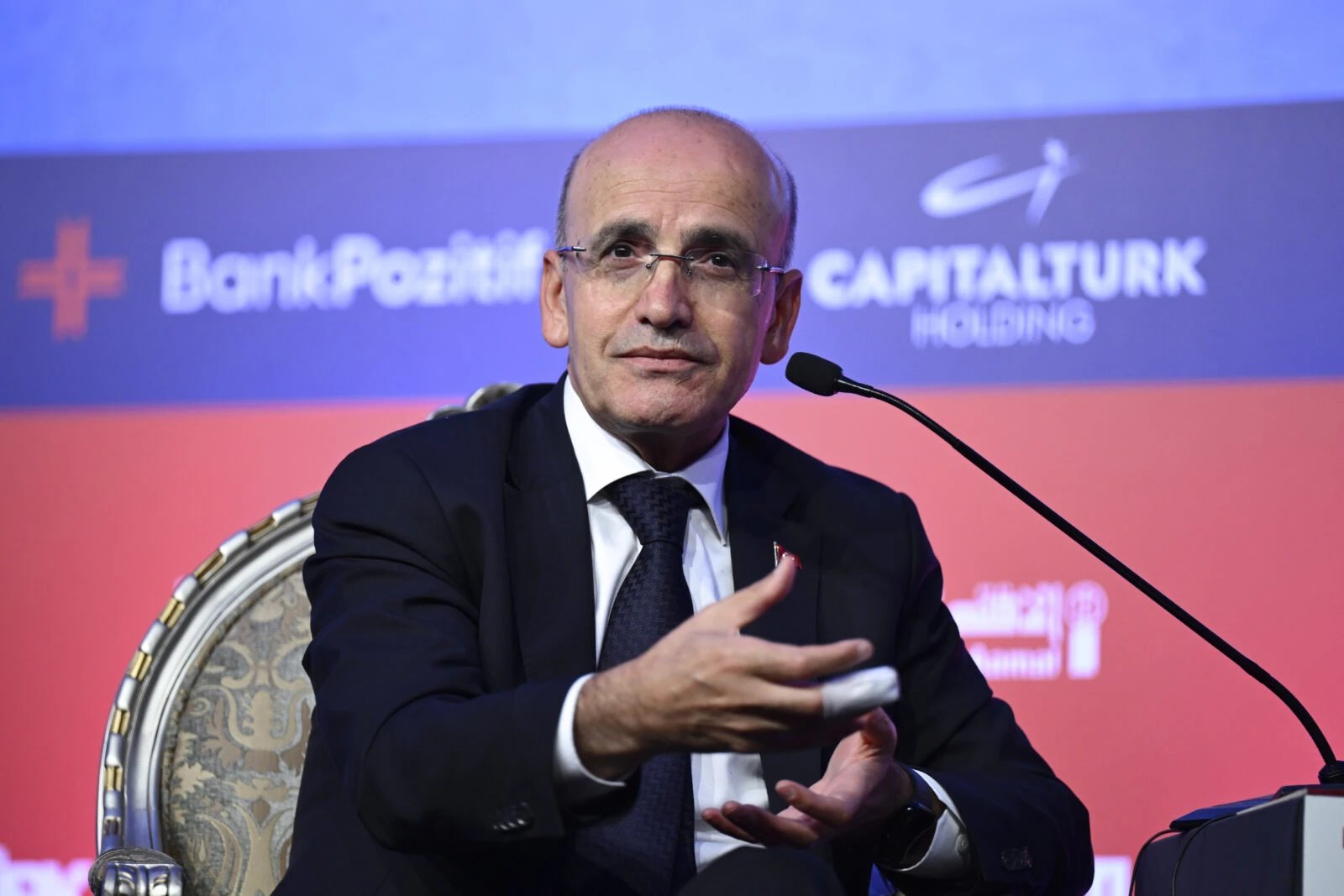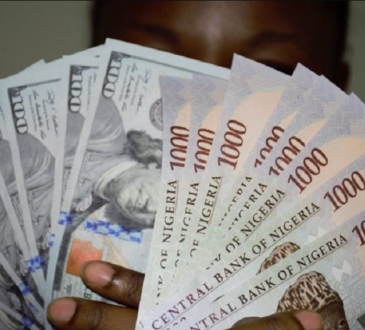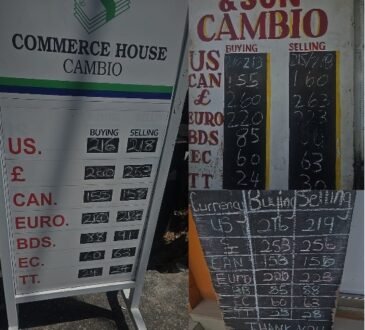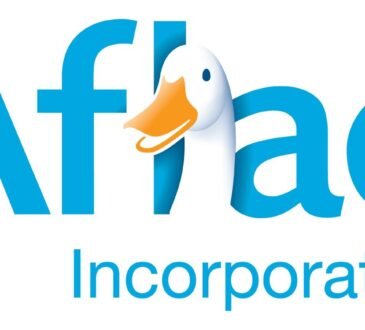Türkiye’s Minister of Treasury and Finance, Mehmet Simsek, addressed tax-related issues, particularly the fight against unregistered economic activity, during a meeting with AK Party lawmakers. He emphasized the need for stricter measures to curb widespread tax evasion, especially in sectors that rely heavily on cash transactions.
Minister Simsek highlighted that cross-check audits are crucial in reducing tax evasion. “No one wants to pay taxes. If we are serious about stopping unregistered economic activity, we must shift the burden of proof from the government to taxpayers,” Simsek said. He noted that many small businesses and retailers prefer cash transactions to evade taxes, avoiding the use of cards.
He provided examples of significant tax evasion, including individuals purchasing 32 properties in major cities without any tax registration, and others buying luxury cars worth 65 million Turkish lira ($2.3 million) without declaring a legitimate income source. “We ask them to explain where the money came from, and they can’t. Without cross-checks, we cannot implement the tax model we need,” he emphasized.
Widespread tax evasion despite low VAT rates
Simsek also criticized sectors like bakeries for rampant tax evasion, despite the low VAT rates. “Have you ever seen a bakery give you a receipt? They’re evading even 1% VAT,” he said, highlighting the lack of enforcement that allows these practices to continue.
Inflation drives foreign currency investments
When asked why many Turkish citizens invest in foreign currencies, Simsek pointed to Türkiye’s history of inflation. “Aside from the first 10-15 years of AK Party governance, Türkiye has had double-digit inflation for the past 50 years. In such conditions, people naturally turn to foreign currencies, gold, or interest-bearing accounts to protect themselves. The root cause is inflation,” he explained, adding that citizens’ investment choices are understandable in this context.
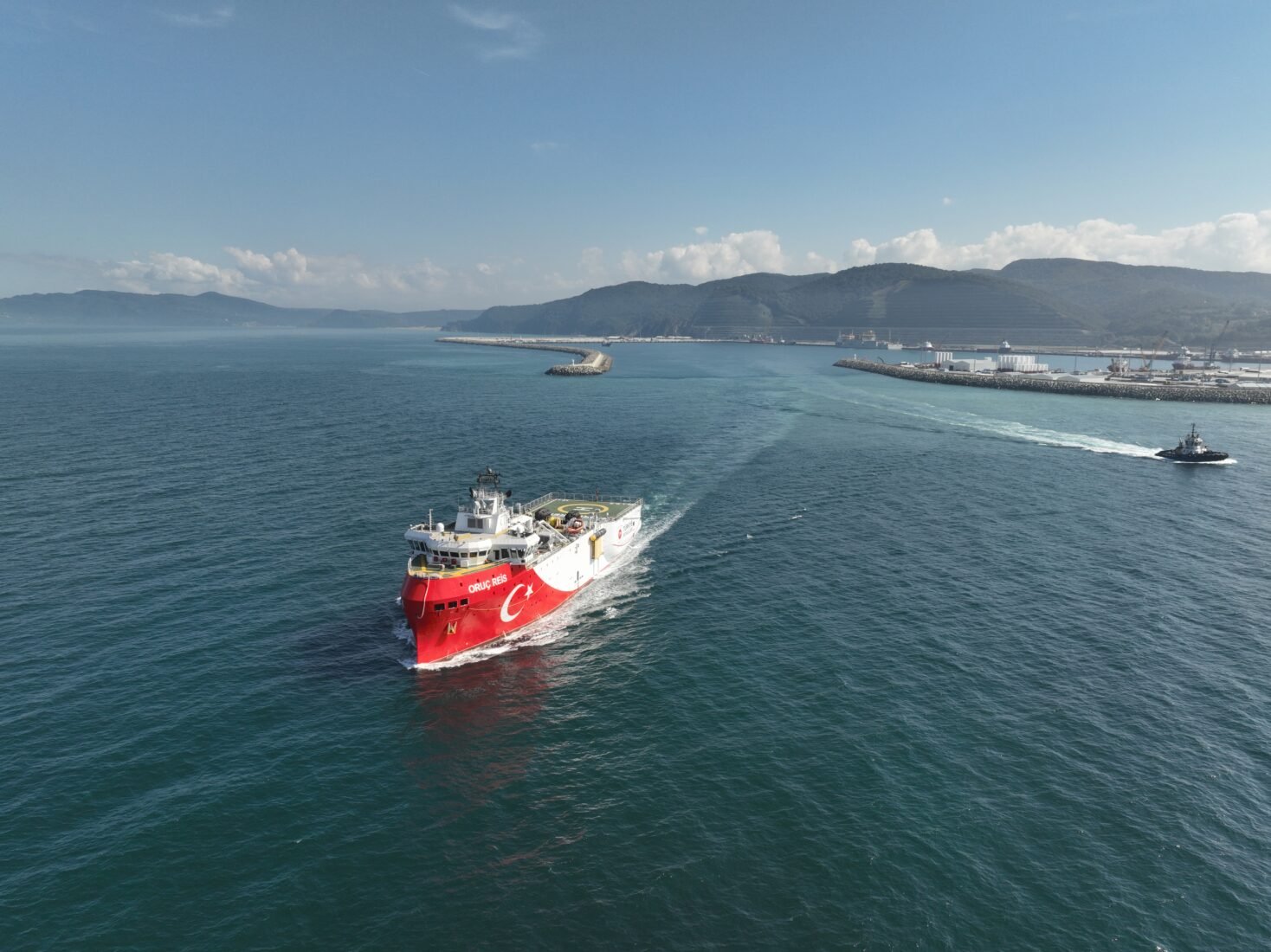
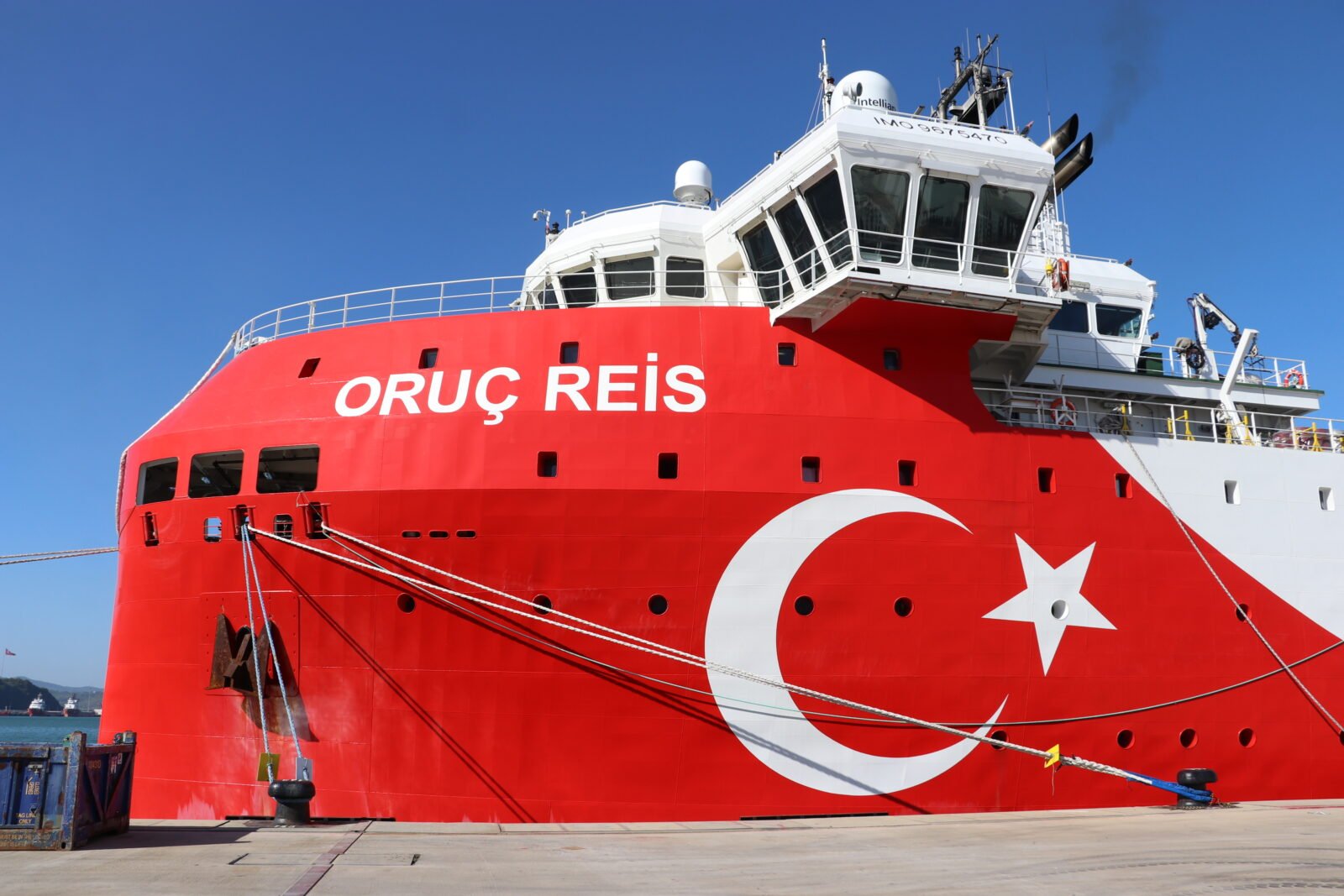
Reducing current account deficit through energy independence
The minister stressed the importance of reducing Türkiye’s current account deficit. “The only way to solve this problem is by increasing value-added production in all sectors,” he said, stressing the need to reduce the country’s reliance on energy imports. Türkiye has spent $910 billion on energy over the past 22 years, and Simsek underscored the need to “utilize our solar and wind resources to decrease the need for imported oil and gas.”
He also pointed out the importance of boosting value-added production in agriculture, industry, and services to generate more income and sustainably reduce the current account deficit.
Enforcing payment transparency through cross-audits
Minister Simsek shared a story about a friend’s experience at a barber shop in Istanbul that refused card payments and insisted on cash or an IBAN transfer to a relative’s account. “This is a mentality issue. They’re operating with cash and charging 20-25% commissions on card payments,” he said, adding that despite inspections, businesses often find ways to avoid regulations by alerting customers beforehand.
He emphasized the government’s commitment to enforcing stricter payment transparency through cross-auditing and ensuring tax compliance.
Government’s determination to tackle tax evasion
In closing, Minister Simsek reaffirmed the government’s determination to implement strategic reforms aimed at combating tax evasion. He called for stronger collaboration with financial institutions to enhance cross-checking and transparency, which he believes will significantly reduce tax evasion and restore public confidence in Türkiye’s tax system.

